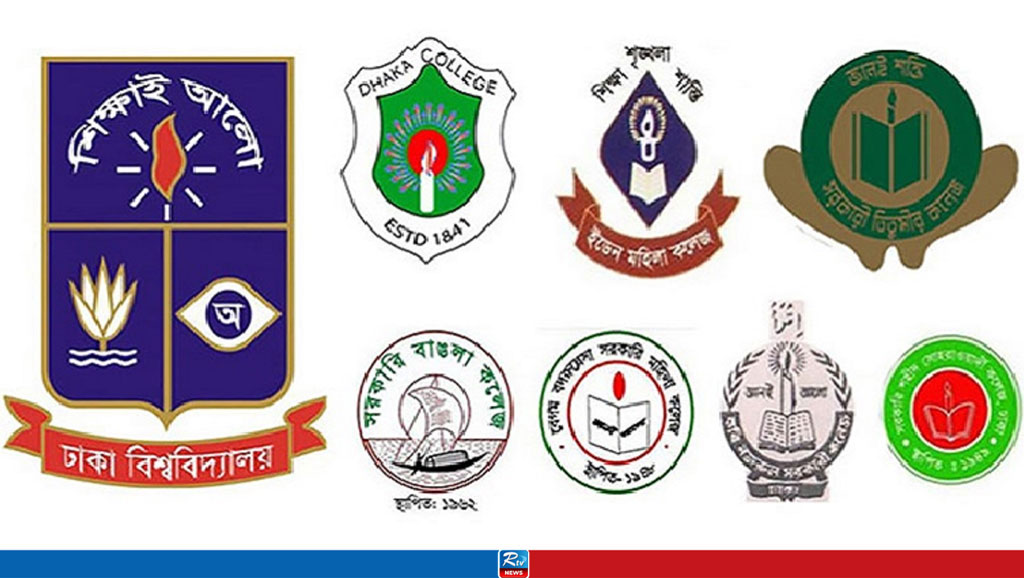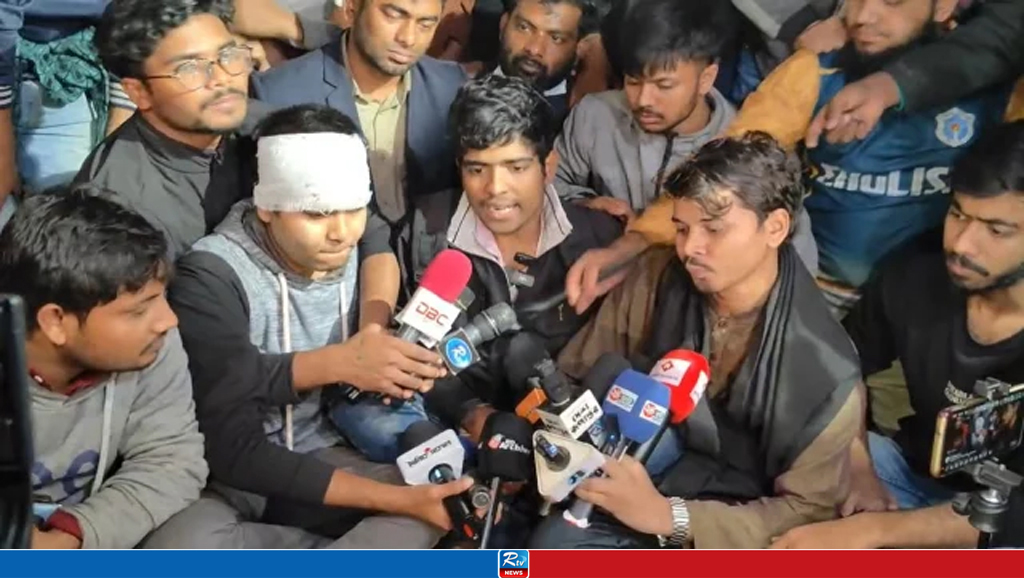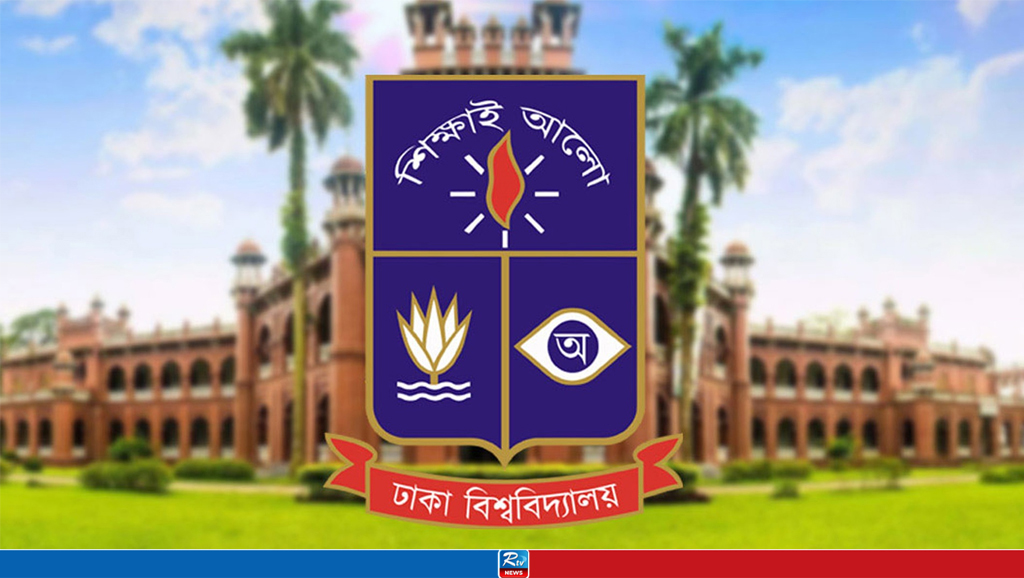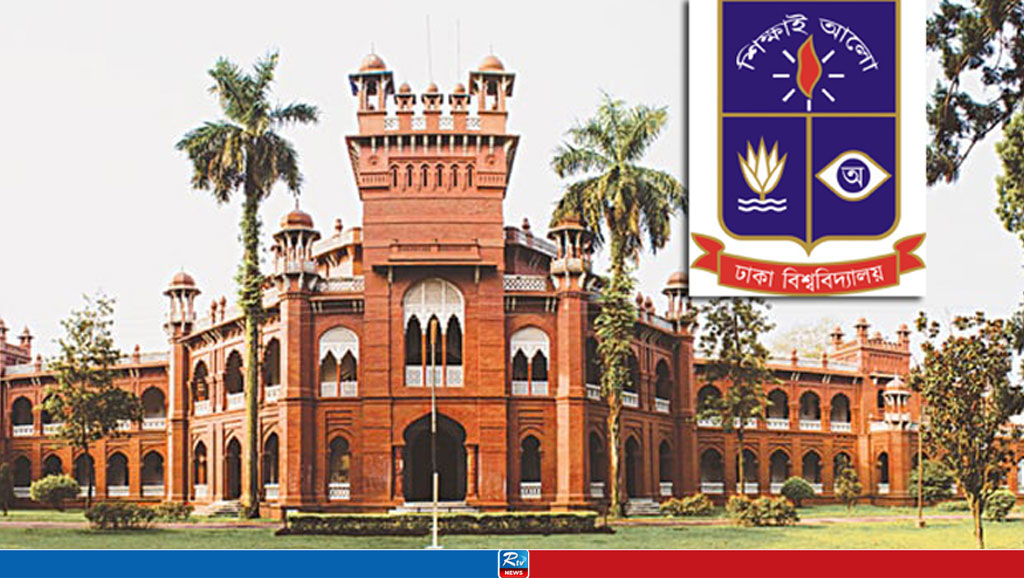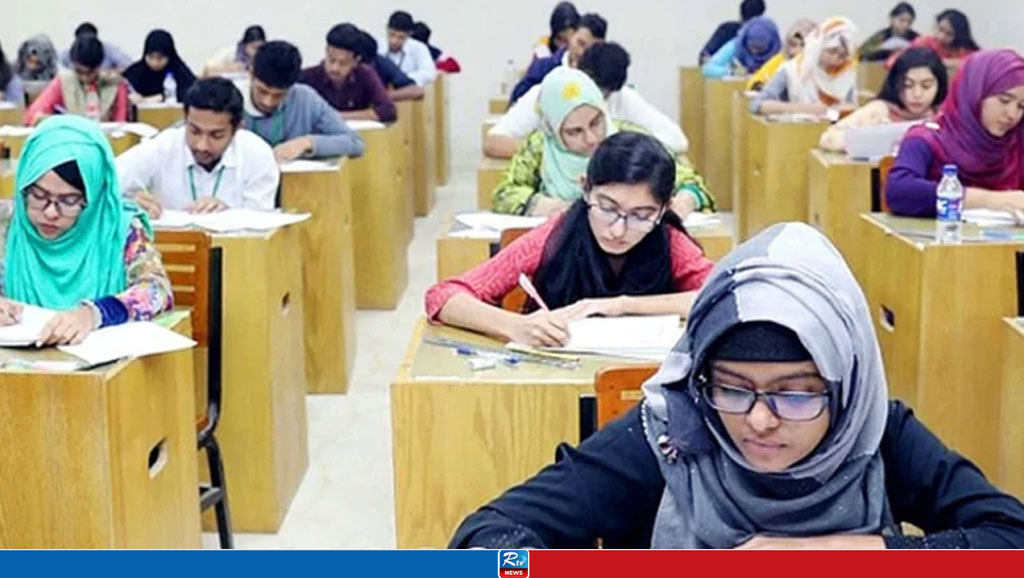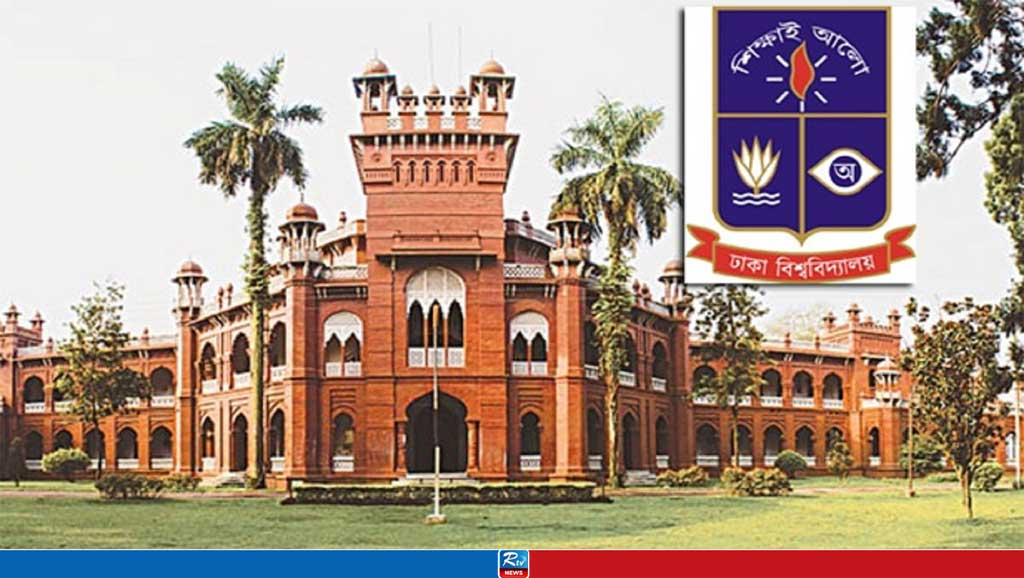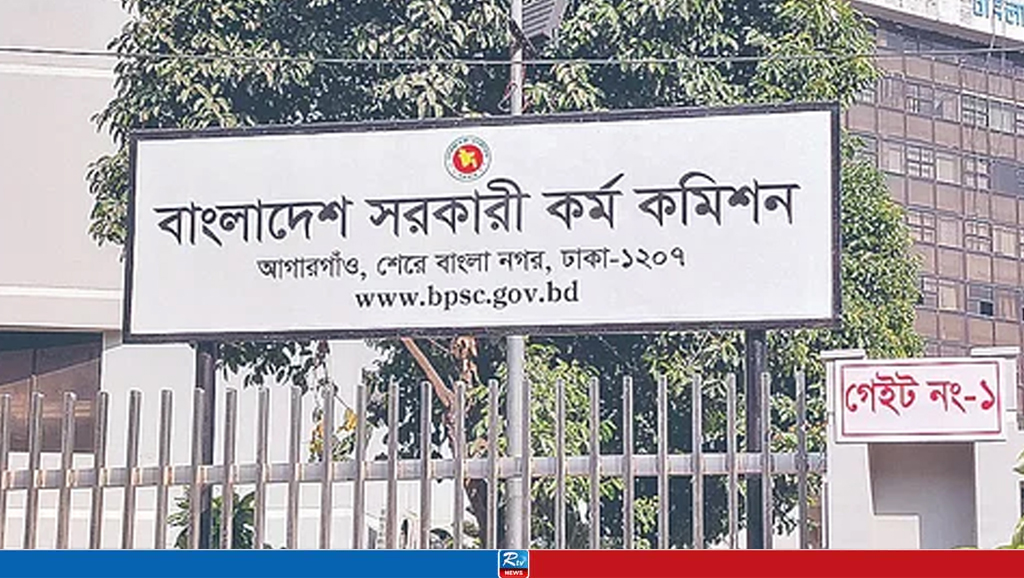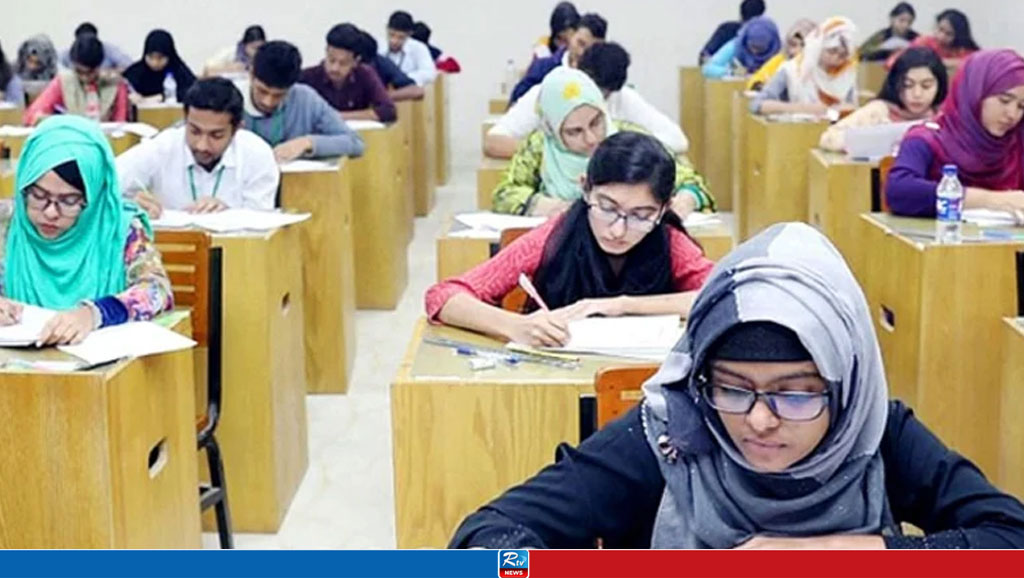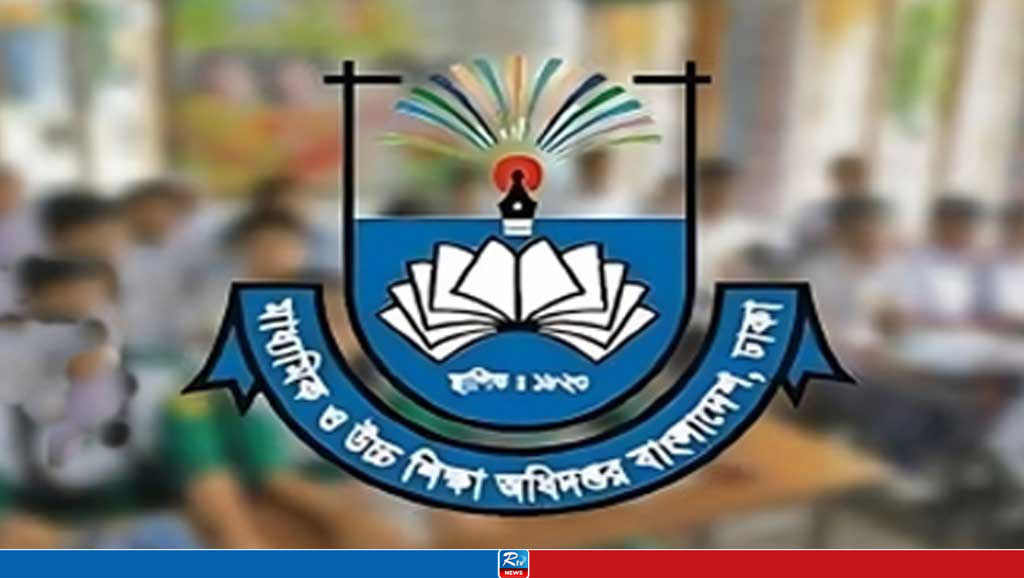The Nilkhet-Dhaka University area has turned into a battlefield as Dhaka University (DU) students and students of the seven affiliated colleges face off. Clashes and counter-clashes are ongoing, with eight people reported injured so far. To restore order, four platoons of Border Guard Bangladesh (BGB) have been deployed with police support.
Meanwhile, the students of the seven colleges have announced plans to block key points in the capital until action is taken against police attacks on students and Dhaka University’s Pro-Vice-Chancellor (Education), Professor Dr. Mamun Ahmed.
Following multiple rounds of clashes with DU students on Sunday (January 26), the seven college students made the announcement around 3 AM before retreating from the campus.
During a press conference, several students spoke to journalists. Abdur Rahman, the focal person of the "Seven College University Transformation Team," stated, “Dhaka University has turned into an authoritarian institution. For a long time, we have been protesting to have the seven colleges separated from DU and established as an independent university. Our demand was to conduct admission tests under the independent university starting this academic year. But instead, DU has published notices to admit more students beyond its capacity.”
He added, “We submitted memorandums to various authorities regarding these issues. Most recently, the Pro-Vice-Chancellor (Education) of DU behaved inappropriately with our students. In protest, while we were demonstrating at the Nilkhet Democracy and Freedom Arch, DU students and police jointly attacked us.”
The students further announced that they would observe a blockade at major points in Dhaka from 9 AM on Monday (January 27) to demand justice for the attack and the actions of DU’s Pro-Vice-Chancellor, Dr. Mamun Ahmed.
Earlier, at around 11 PM, students of the seven colleges gathered near Dhaka College and moved to the Democracy and Freedom Arch in Nilkhet. At the same time, students of DU’s Sir A.F. Rahman Hall took positions in front of their dormitory.
By 11:30 PM, clashes broke out, with DU students chasing seven college students out of the campus and into the Nilkhet area. To control the situation, police fired two rounds of sound grenades.
- Dhaka Mon, 27 JANUARY 2025,

 Live Tv
Live Tv
